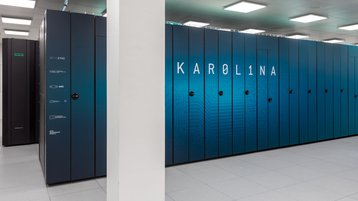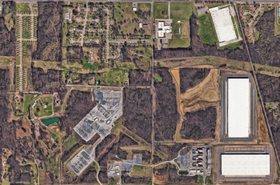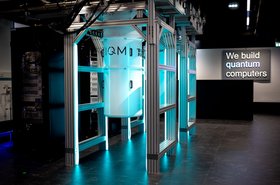The European High Performance Computing Joint Undertaking (EuroHPC JU) has launched a call for tender for the installation of a new quantum computer called LUMI-Q.
The system will be hosted and operated by the IT4Innovations National Supercomputing Center (IT4I) in Ostrava, Czechia, and integrated into the EuroHPC supercomputer Karolina.
LUMI-Q is based on superconducting qubits in a star-shaped topology, which will minimize the number of so-called swap operations. The machine will offer at least 20 physical qubits and be available to European users from science, industry, and the public sector.
The total cost of the system is €7 million ($7.5m) and will be co-funded by the EuroHPC JU and the LUMI-Q consortium, made up of Czechia, Finland, Sweden, Denmark, Poland, Norway, Germany, Belgium and the Netherlands.
In comments made when the IT4I was selected to host the LUMI-Q system, Vit Vondrak, director of the National Supercomputing Center IT4Innovation, said: “I am very delighted that Czechia and our supercomputing center IT4Innovations have been chosen to host the LUMI-Q quantum computer. I believe that we will be able to create a cutting-edge ecosystem for quantum computing, where the latest quantum technologies will be integrated into the existing European supercomputing infrastructure, which in the future may lead to significant breakthroughs resulting from the convergence of these two fields.”
Interested parties must submit their applications by April 2, 2024.
EuroHPC JU is a joint initiative between the EU, 34 European countries, and private partners to develop a supercomputing ecosystem in Europe.
Launched in 2018 and headquartered in Luxembourg, its mission is to develop, deploy, extend, and maintain a secure and connected supercomputing and quantum computing ecosystem, while supporting the development of key HPC skills for European science and industry.
Earlier this month, the EuroHPC JU put out an expression of interest call to find hosts for new 'industrial-grade' supercomputers. The EU body also announced it would be launching a new support service and help desk for organizations hosting its supercomputers.







